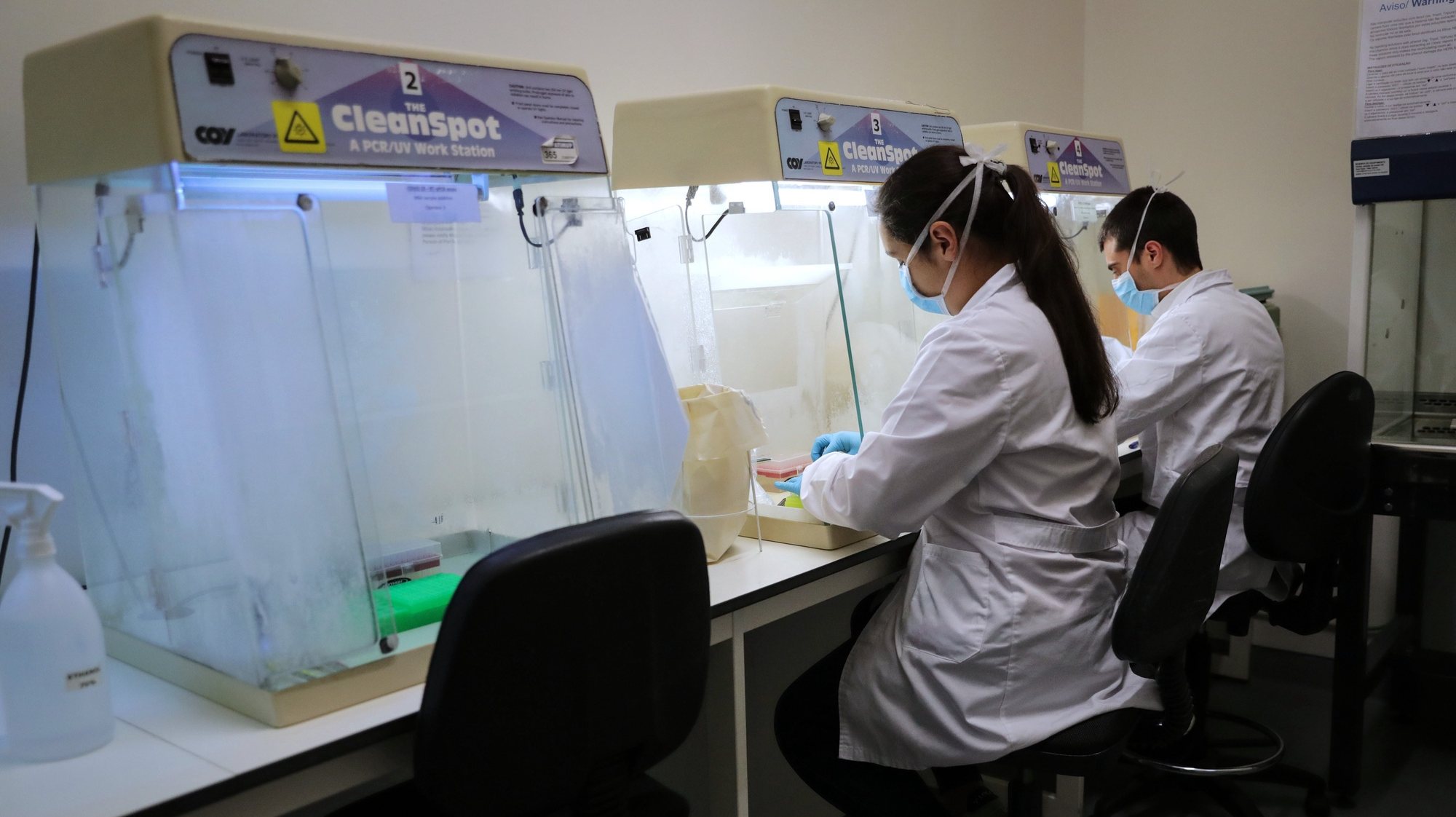Researchers from the Institute for Research and Innovation in Health are part of a project endowed with more than 16 million euros that aims to develop methodologies to treat neurological diseases associated with the loss of neurons, intervening directly in the brain of patients.
The project, which integrates 20 Canadian and four European research groups, aims to “develop methodologies to deal with a certain type of neurological diseases associated with the loss of neuronsintervening directly in the brain of patients, more specifically in the place where the injury occurred“, says this Friday, in a statement, the institute of the University of Porto (i3S).
Although there is still no cure for neurological disorders associated with neuronal loss or dysfunction, i3S highlights that direct neural reprogramming [metodologia assente na conversão de outras células em neurónios] it is seen “increasingly as a promising strategy to repair the brain in pathological situations associated with the loss of neurons”, such as in the case of neurodegenerative diseases or cerebrovascular accidents.
“At the base of this idea are the encouraging results of experiments carried out in cells in culture, and that use proteins, called transcription factors, to activate and deactivate genes that give cells characteristics of neurons”, he points out.
During the project, which lasts six years, the researchers will seek to “make the neural reprogramming directly in the brainbut for this to be possible it is necessary to “overcome some barriers”.
Using animal models, the researchers will try to identify the “ideal set of transcription factors to make certain types of neurons,” develop methodologies for placing the factors inside the brain cells they aim to reprogram, and find ways to assess the success of neural reprogramming. ”, through imaging techniques of brain function.
“The long-term goal is to devise clinical applications for neural reprogramming directly in the brain of patients, more specifically in the area where there is loss of neuronsgenerating new neurons from resident cells of the adult brain, namely astrocytes”, researcher Diogo Castro, coordinator of the i3S team that is part of the project, clarifies, quoted in the statement.
Although this is the objective, it is necessary, initially, to carry out a “proof of concept in preclinical models”.
“Astrocytes, due to their plasticity, abundance, and location, are the ideal candidate for this purpose, since they can be converted into neurons with relative ease and are disseminated throughout the organ,” adds Diogo Castro, leader of Stem Cells & Neurogenesis at i3S, who has been unraveling how the transcription factors involved in the generation of neurons during embryonic development work.
In this consortium, i3S researchers will help map the binding sites of transcription factors to the astrocyte genome during neuronal reprogramming.
Coordinated by the Sunnybrook Research Institute (Canada), the project was funded with more than 16 million euros by three Canadian government research agencies: Canadian Institutes of Health Research (CIHR), Natural Sciences and Engineering Research Council (NSERC) and Social Sciences and Humanities Research Council (SSHRC).
The i3S team will receive around 750 thousand euros.
Source: Observadora
